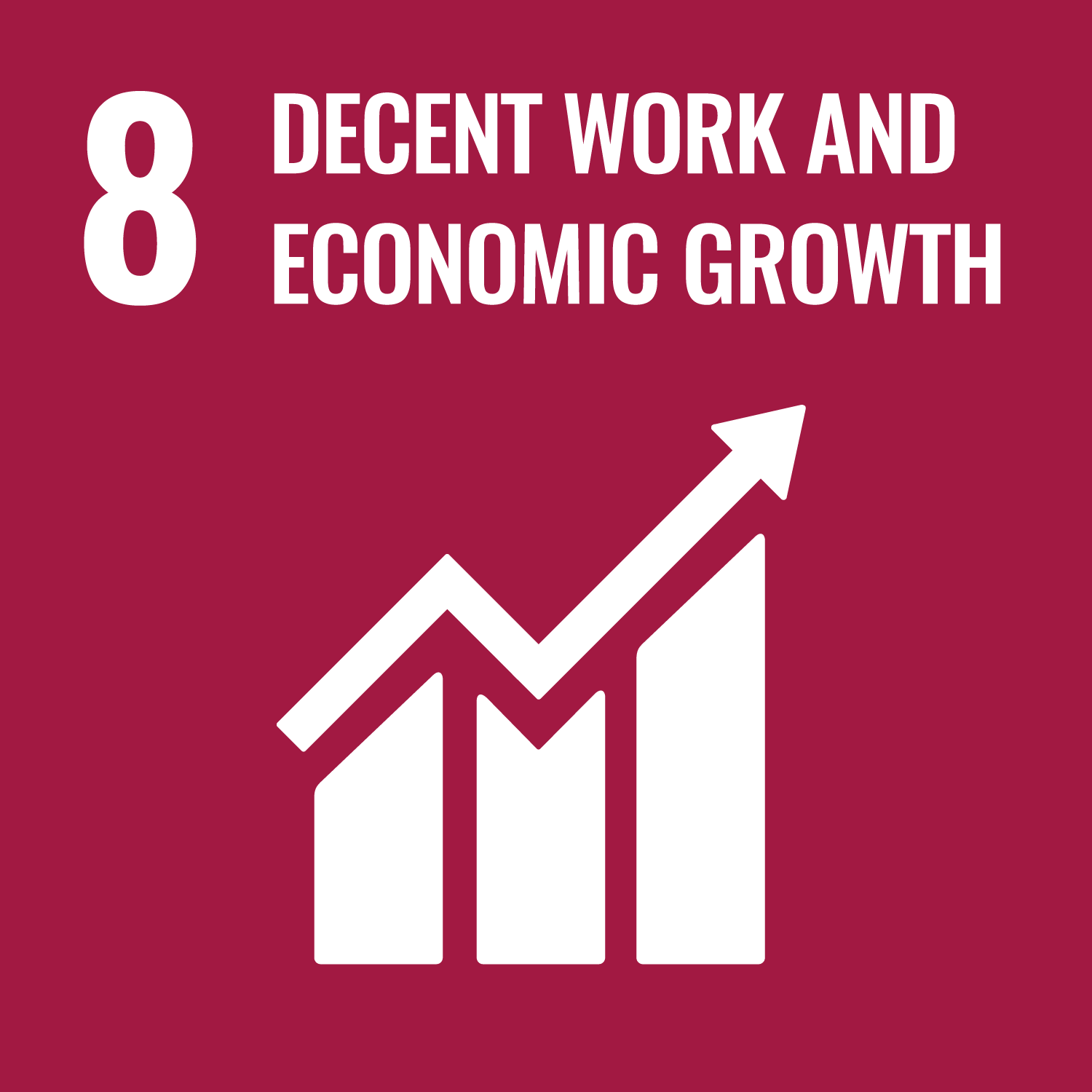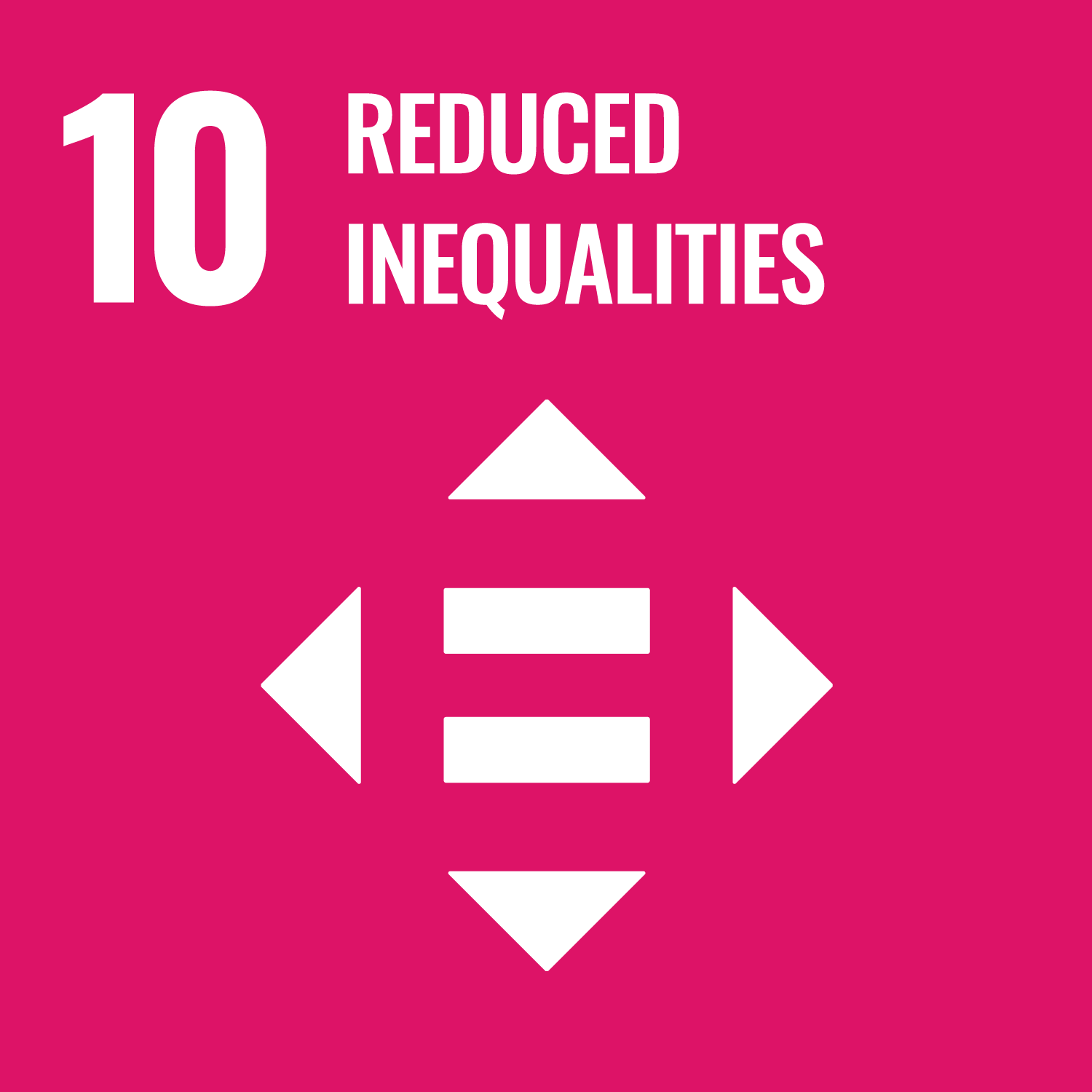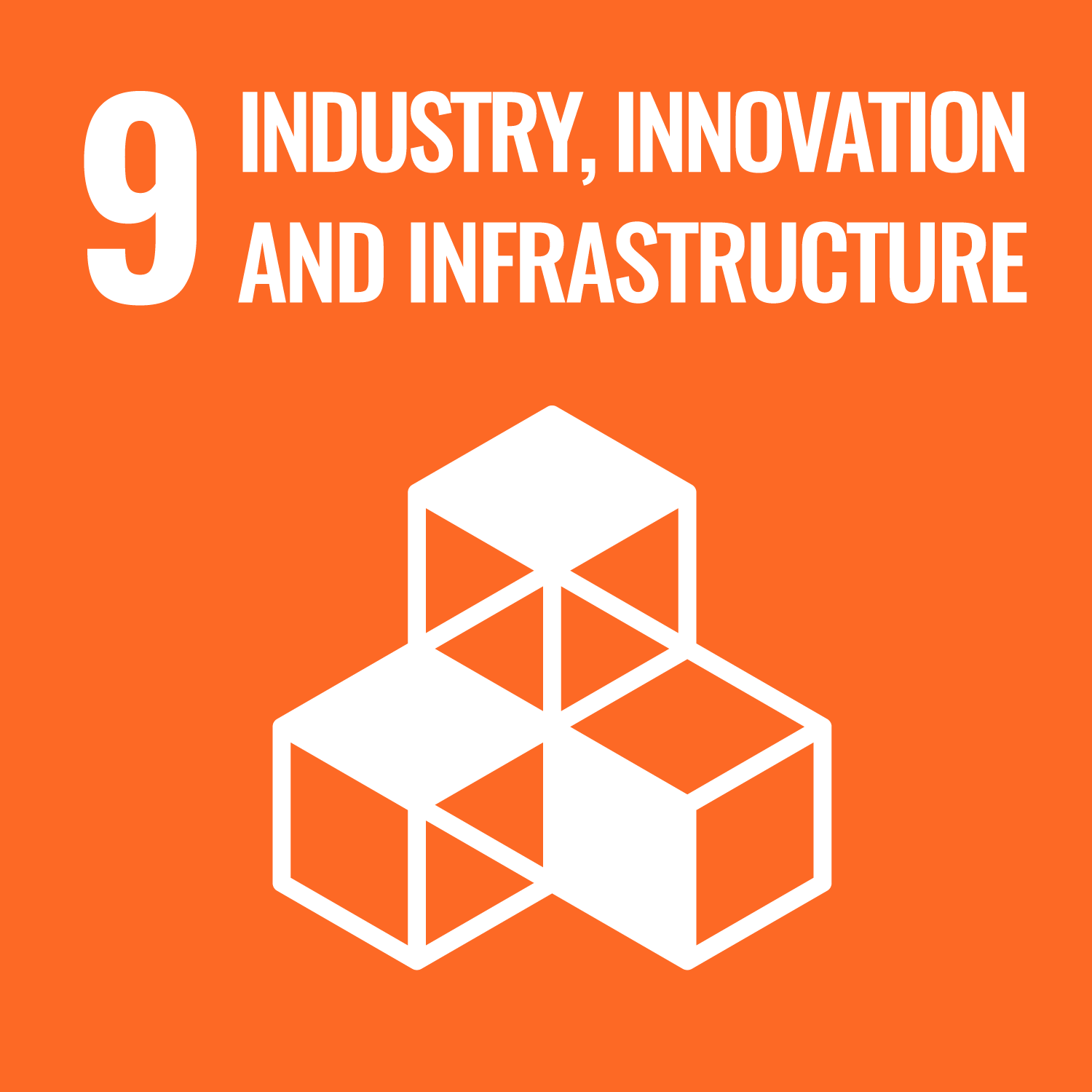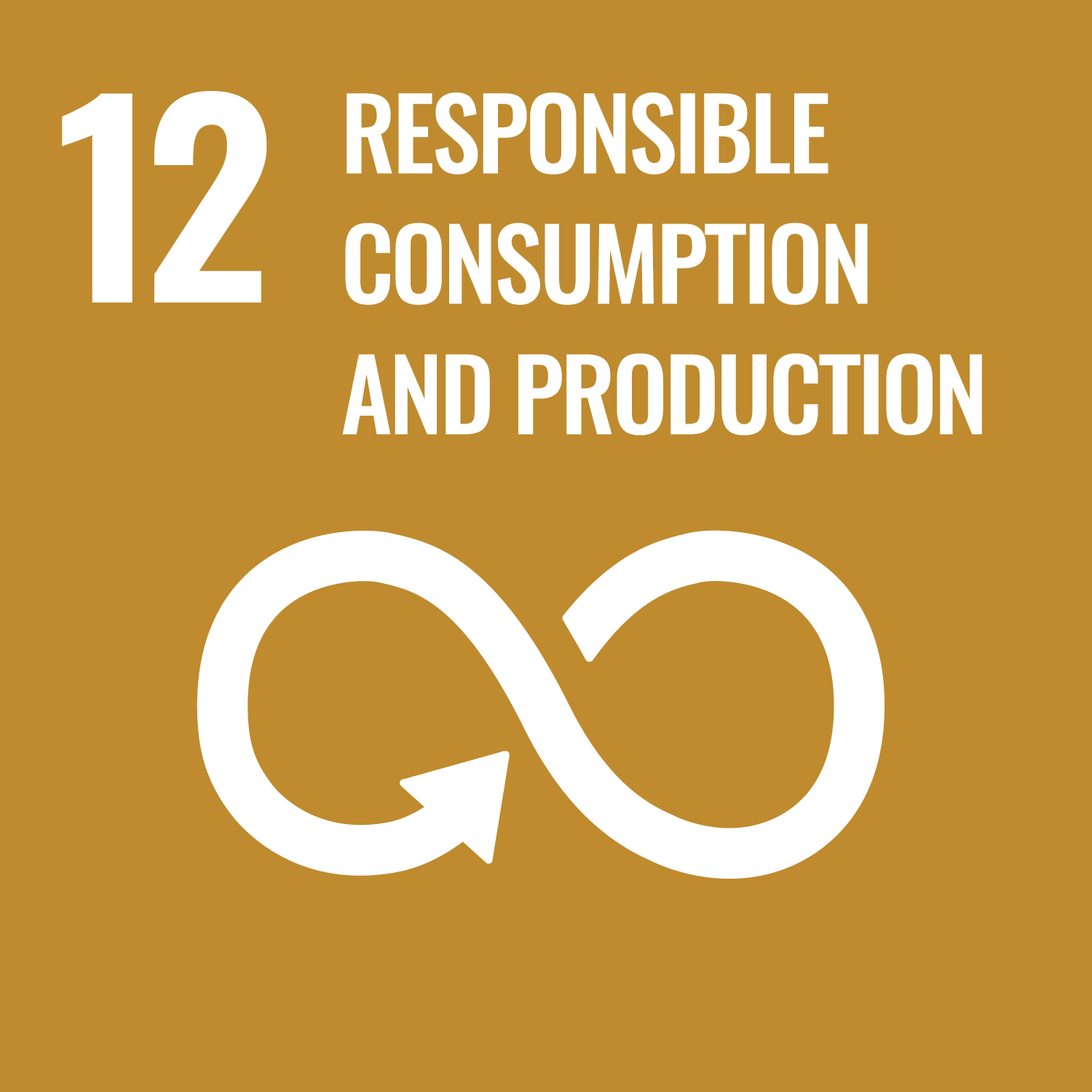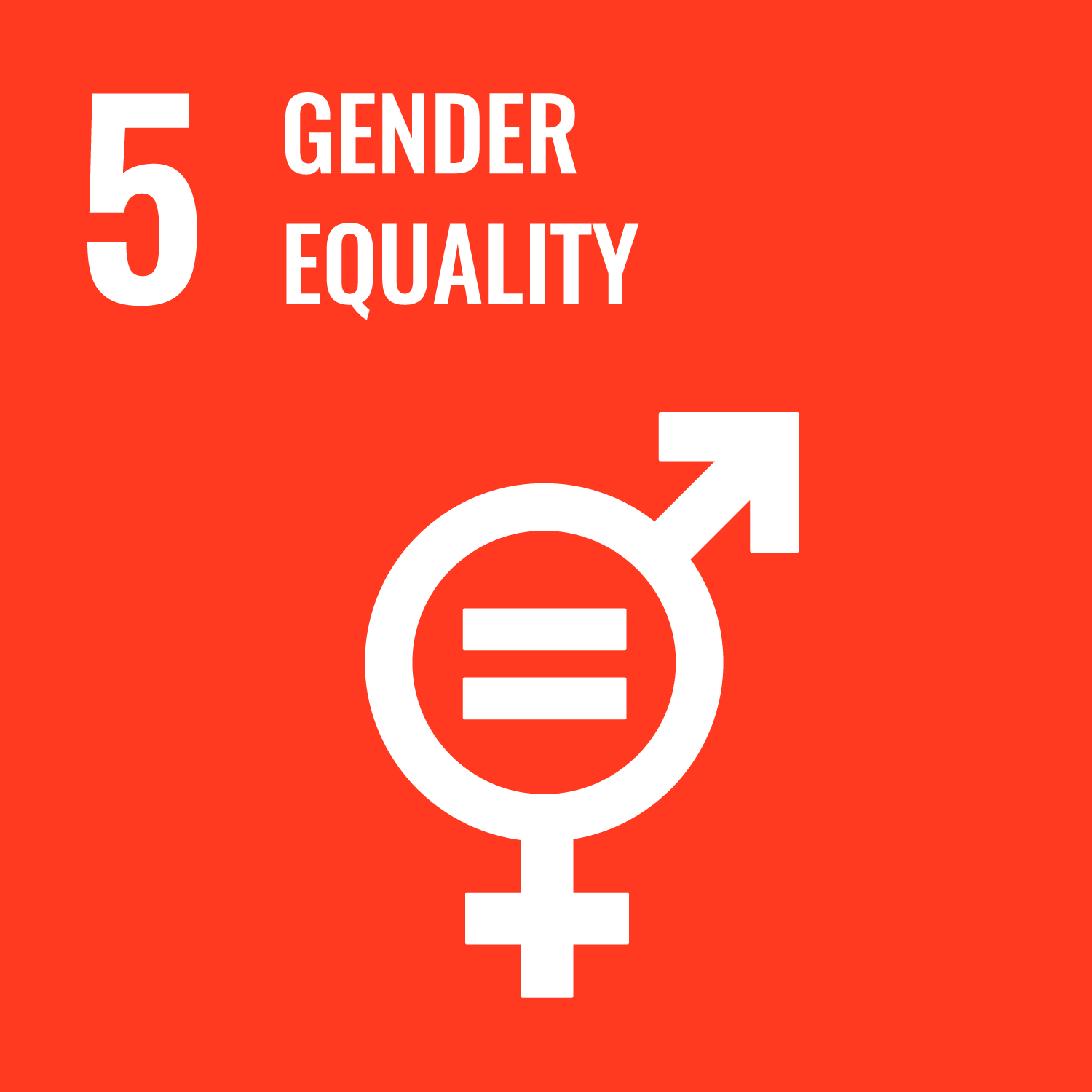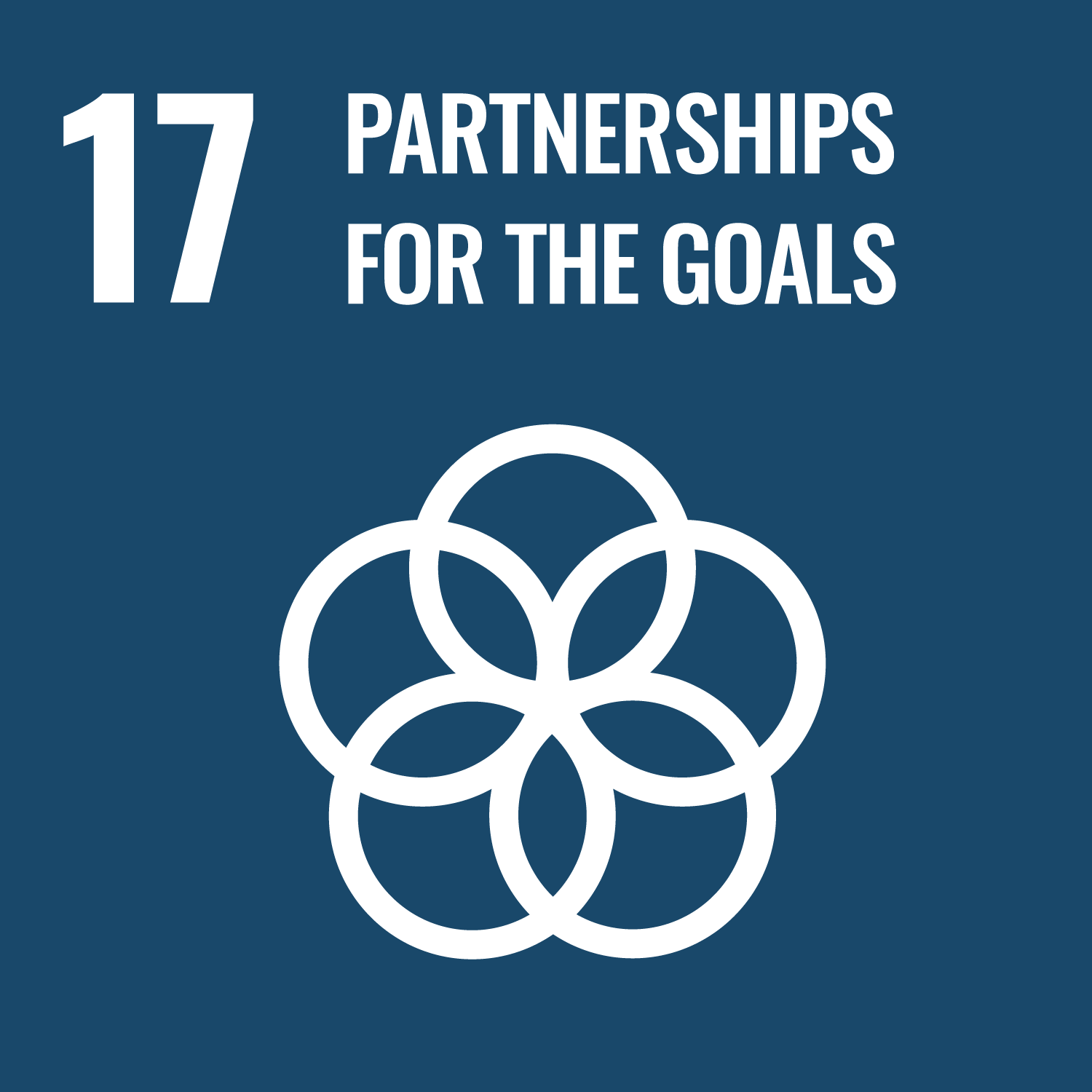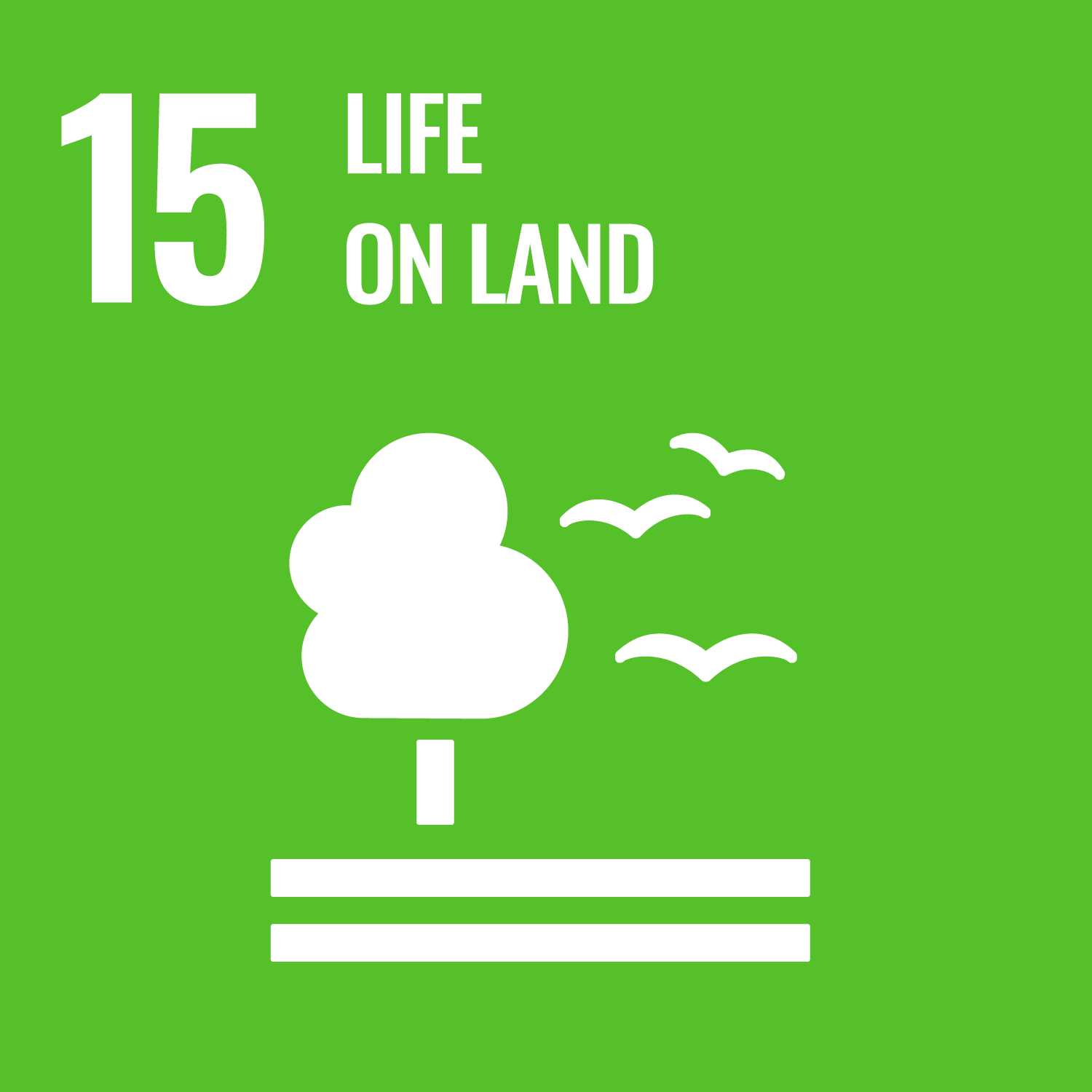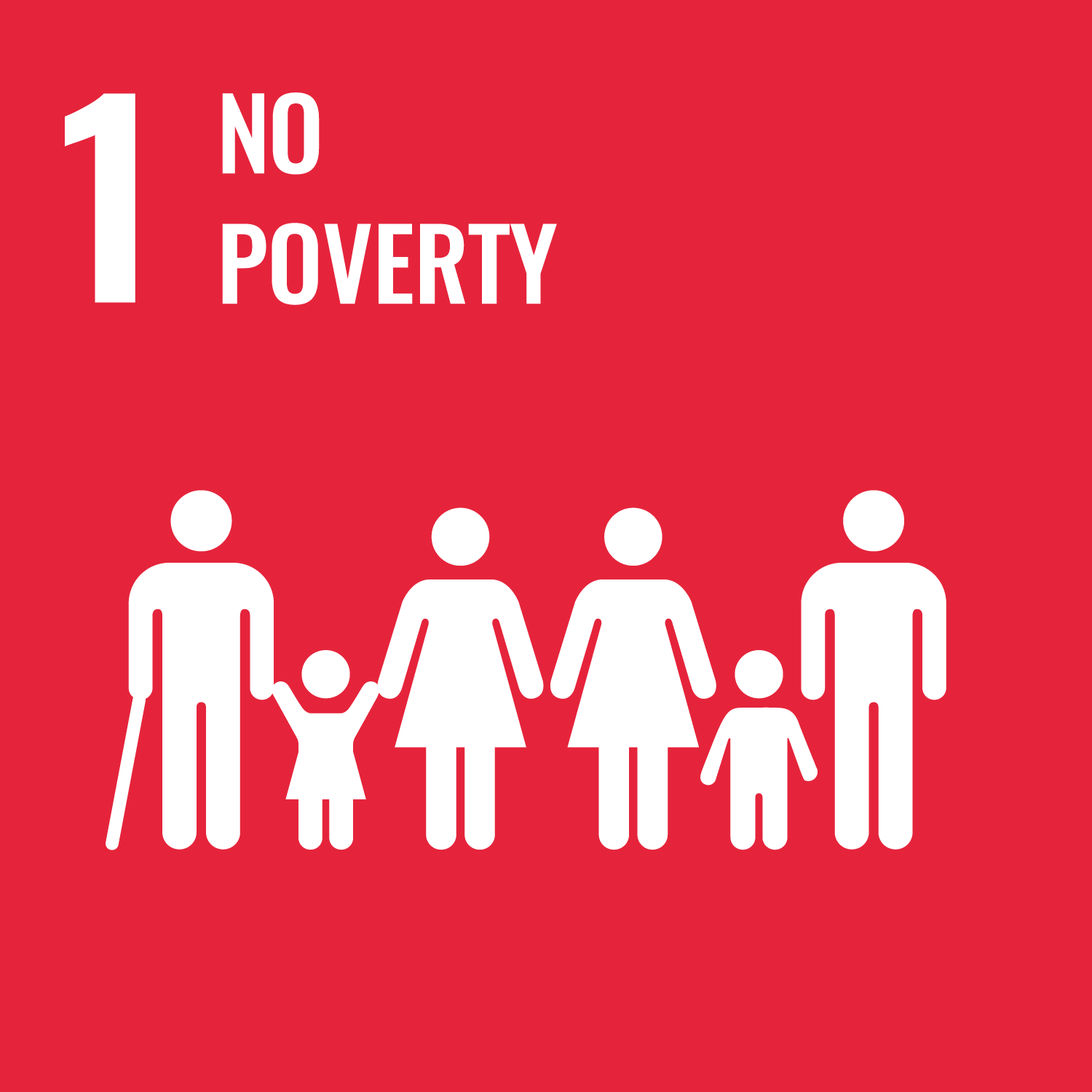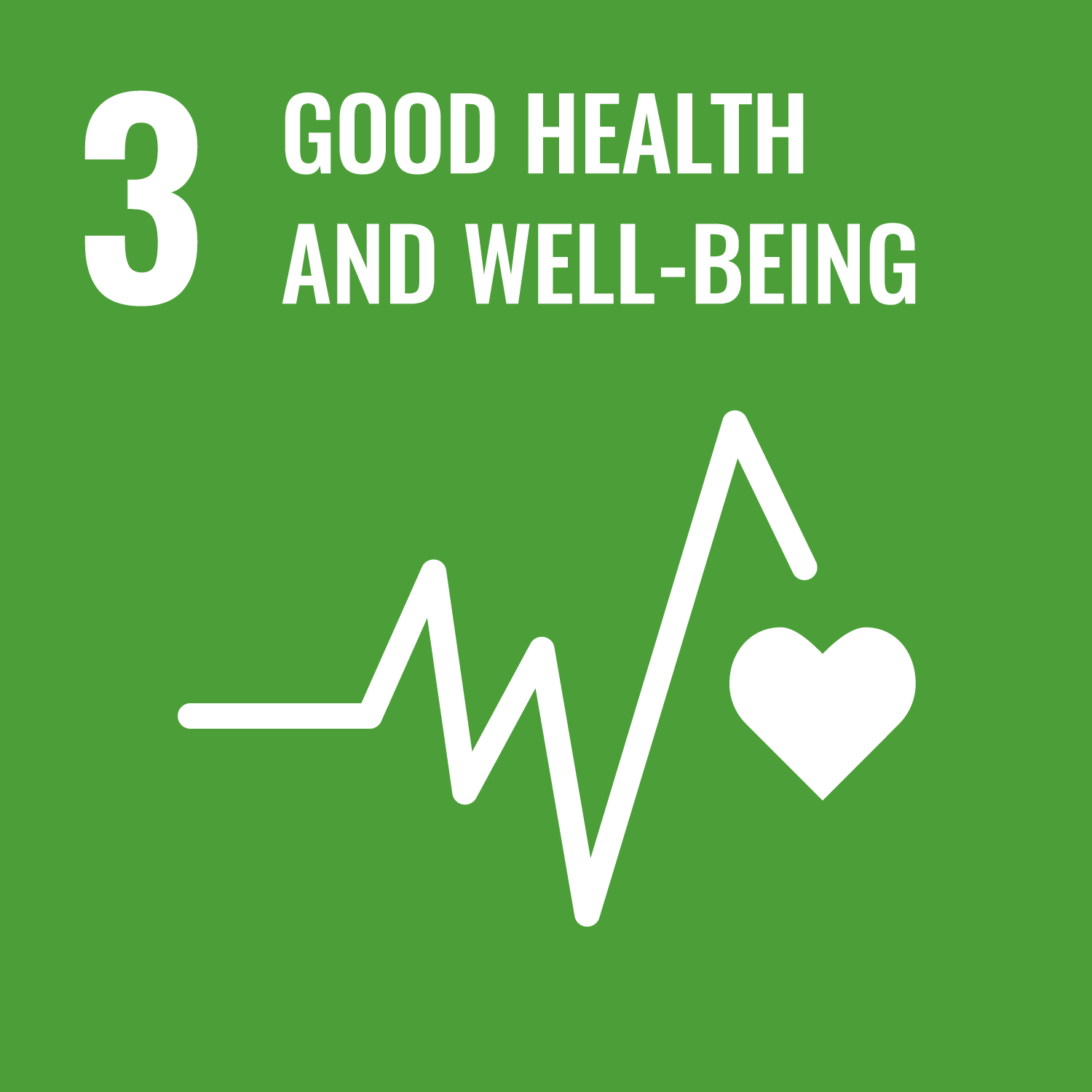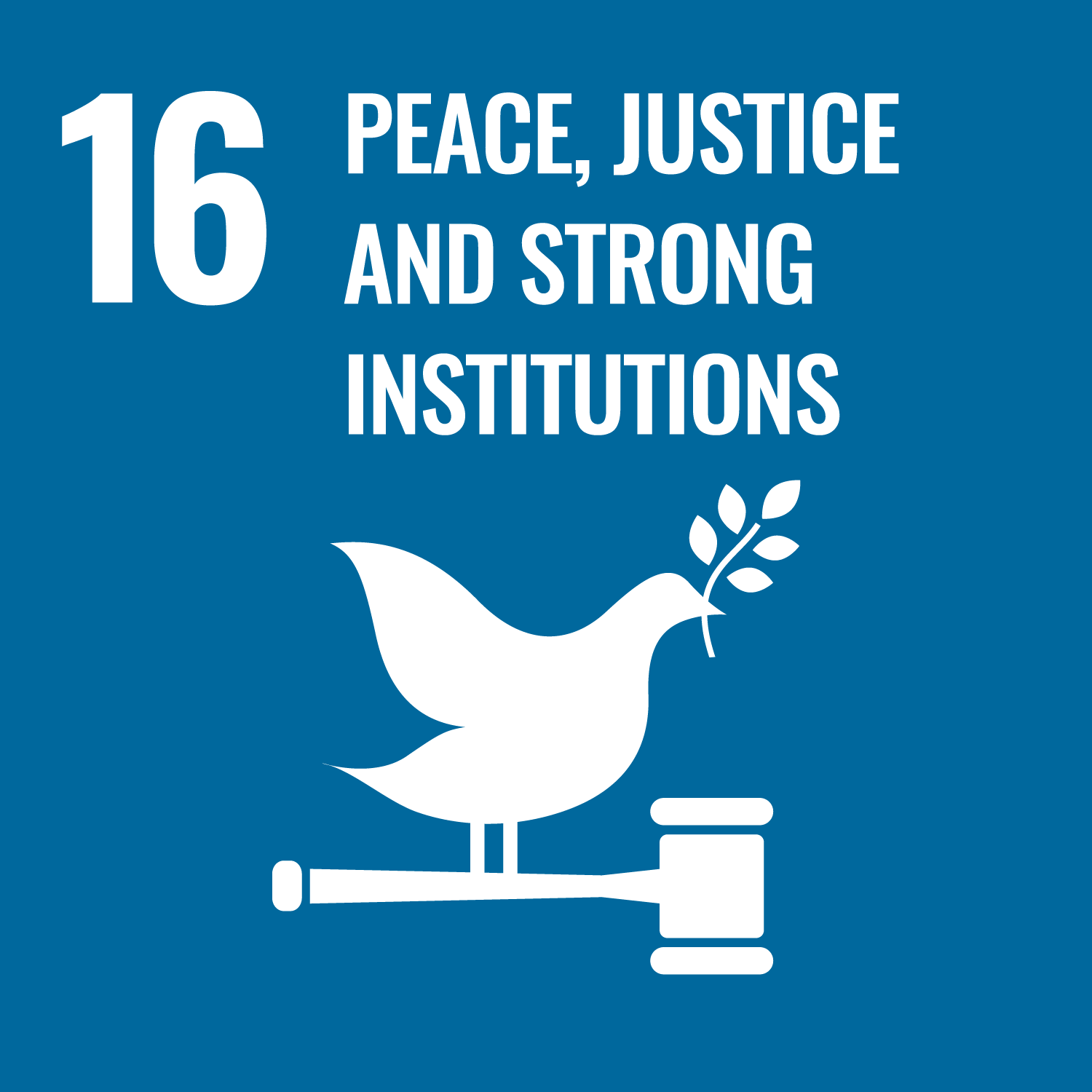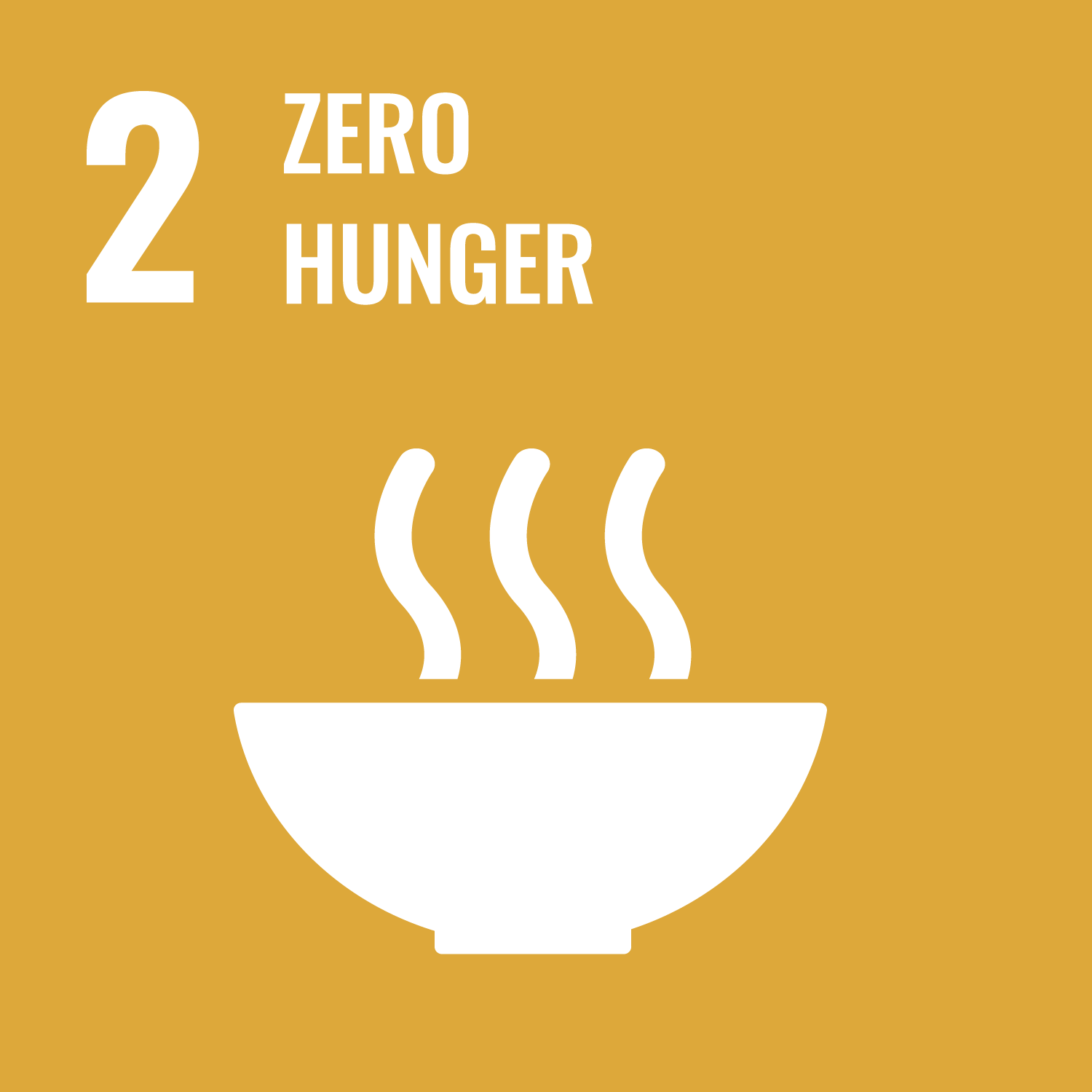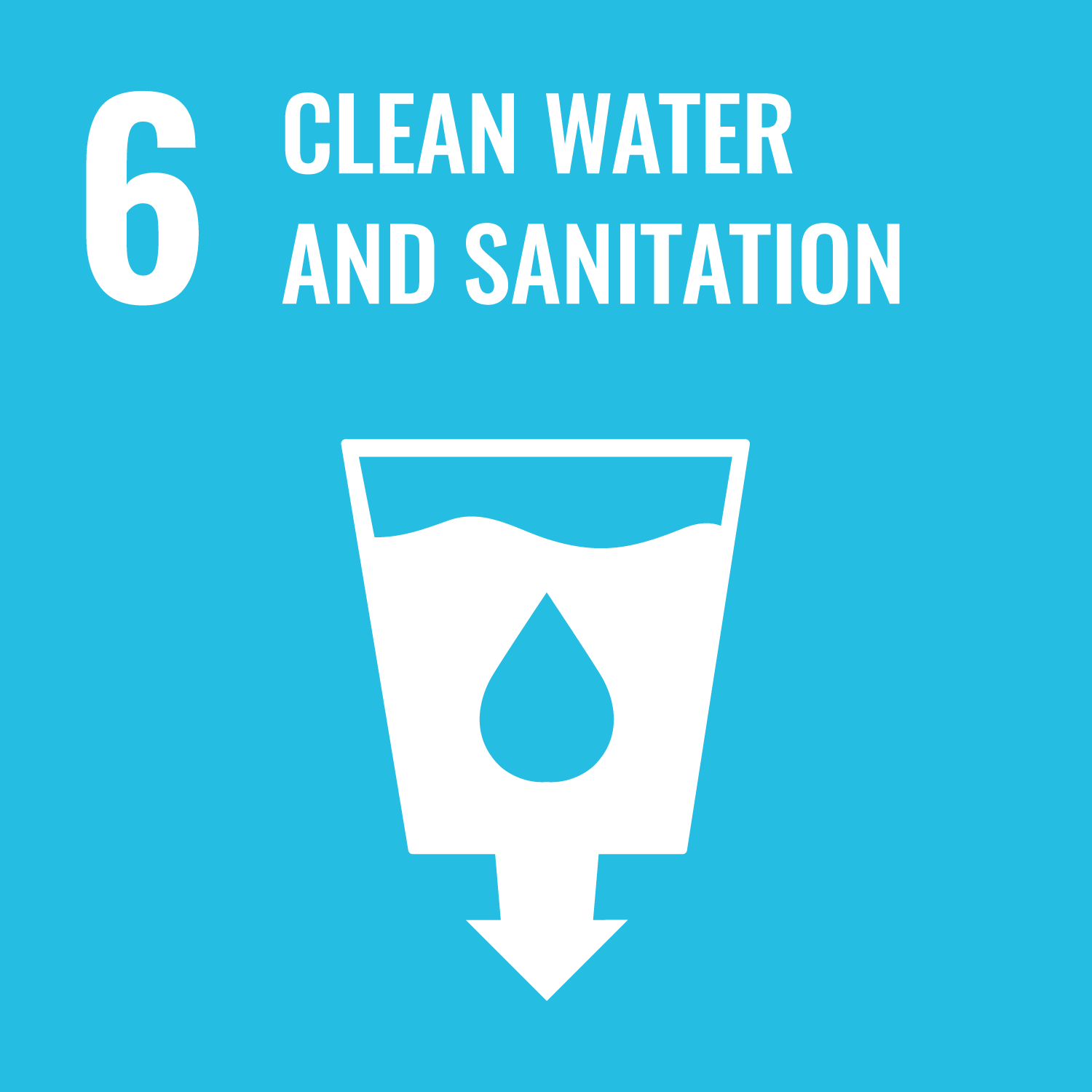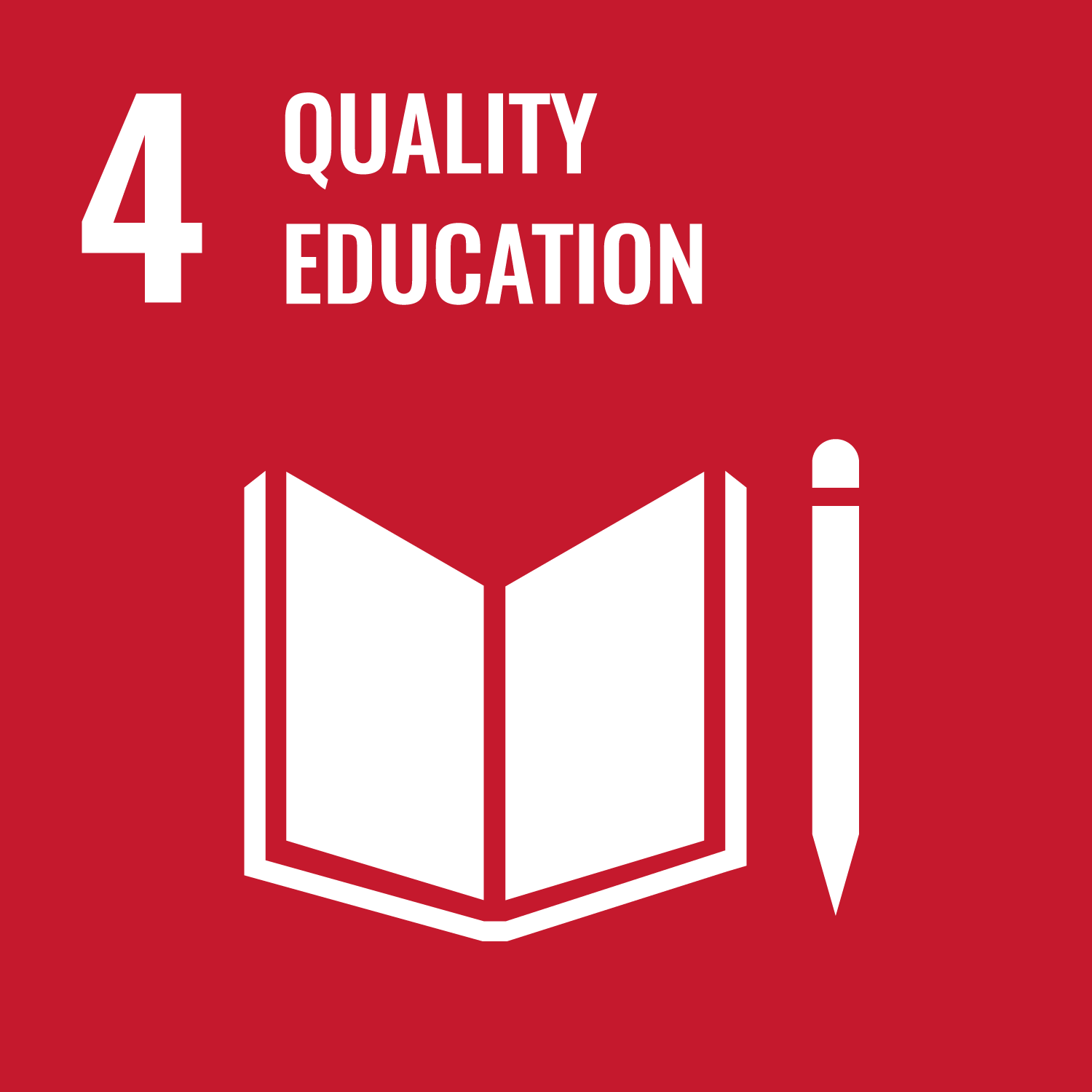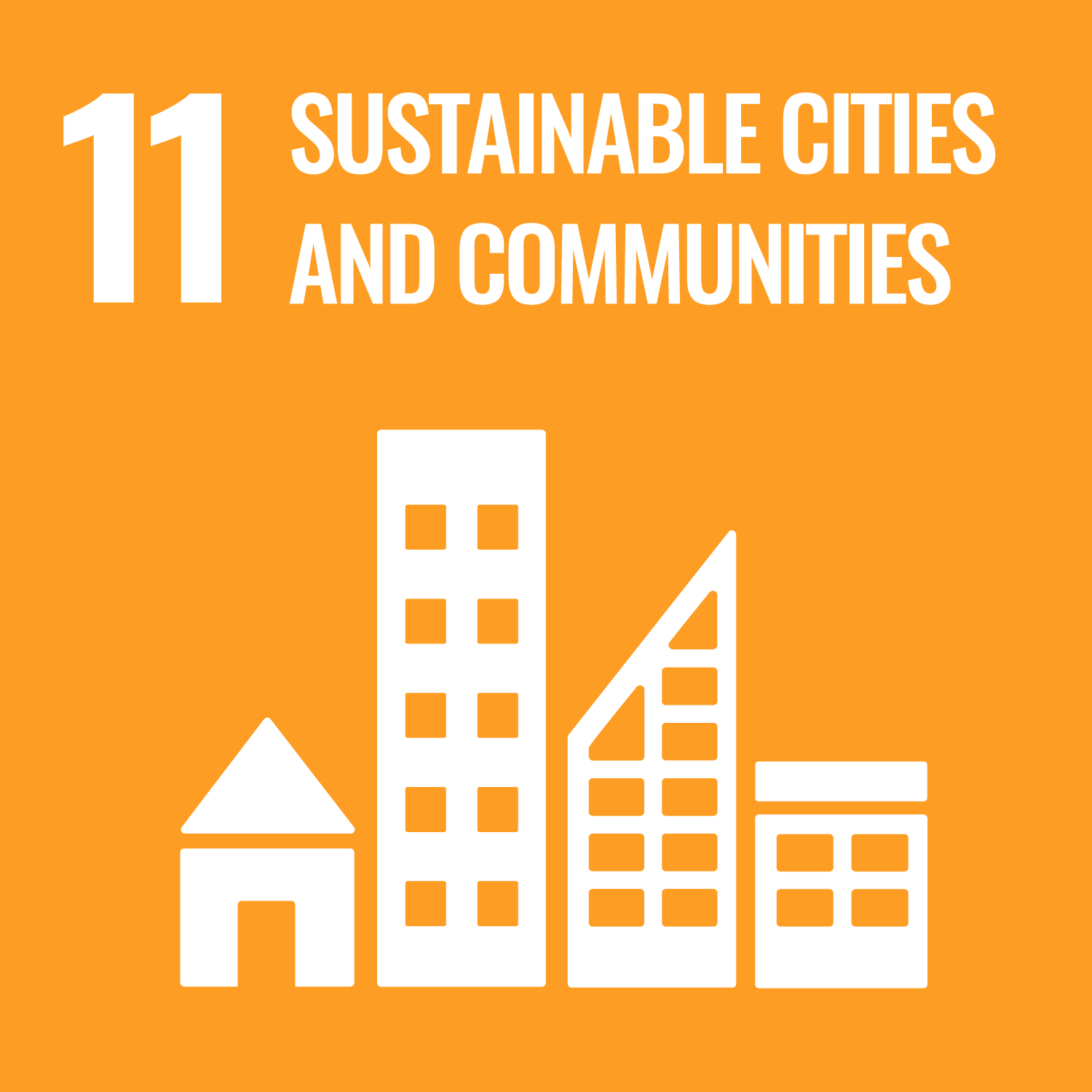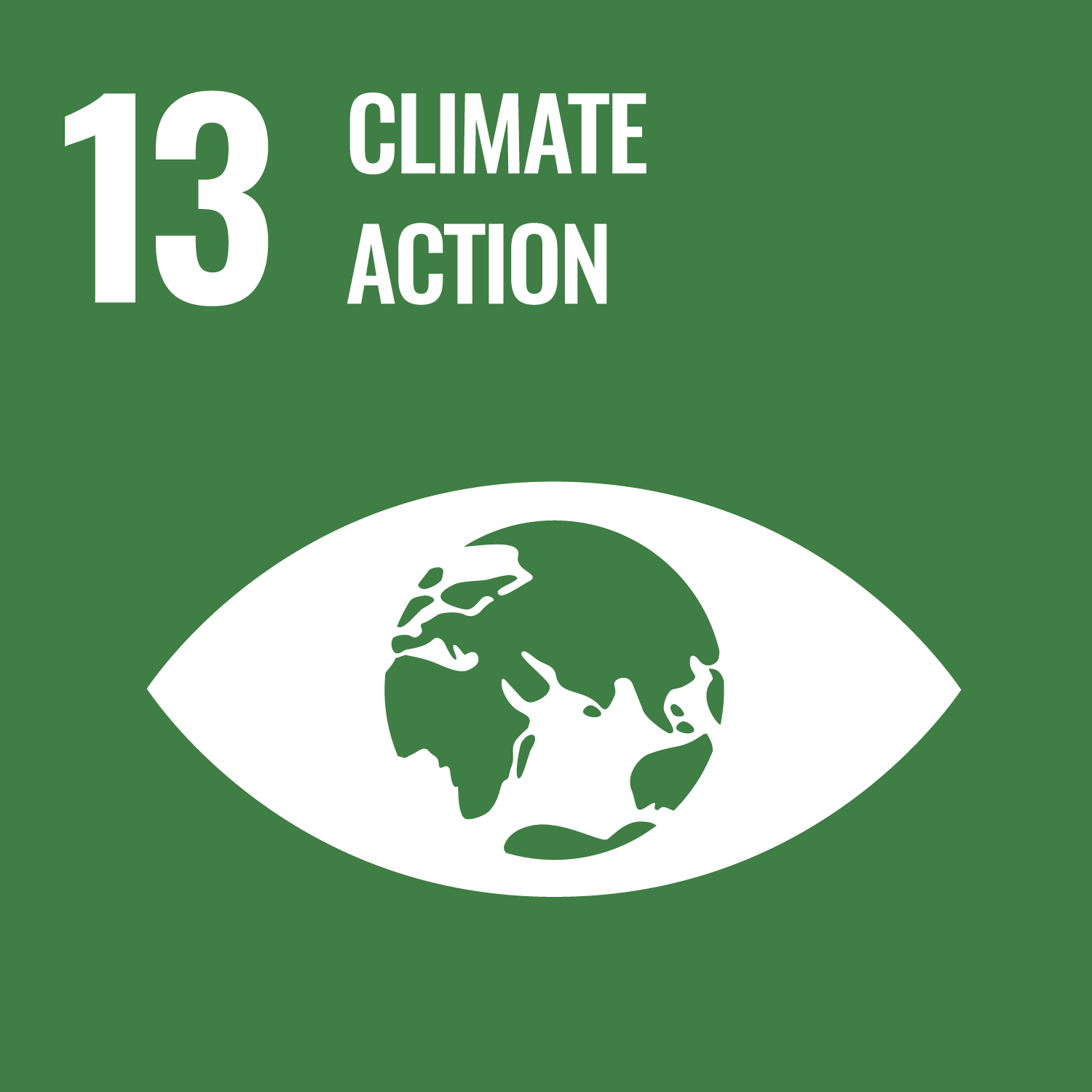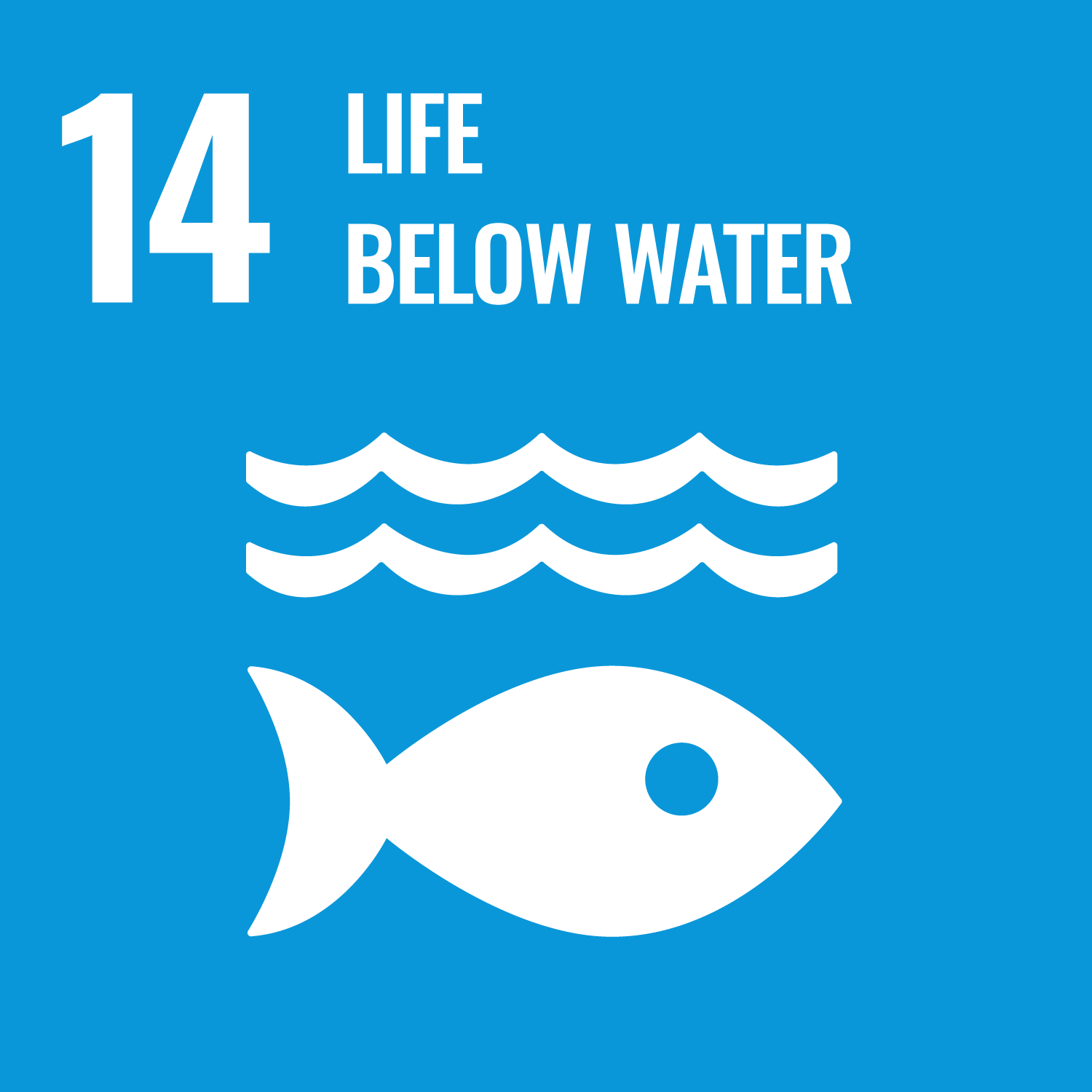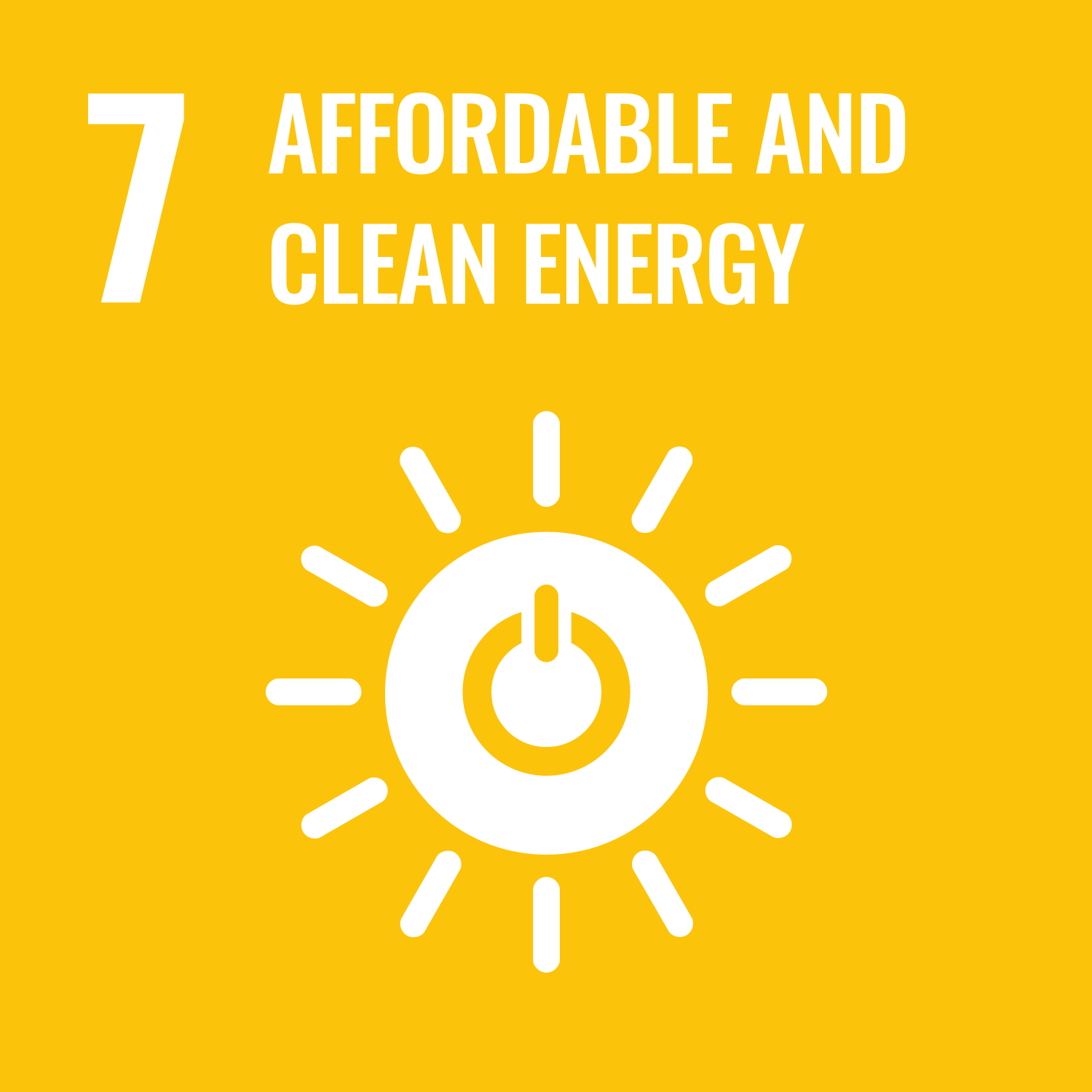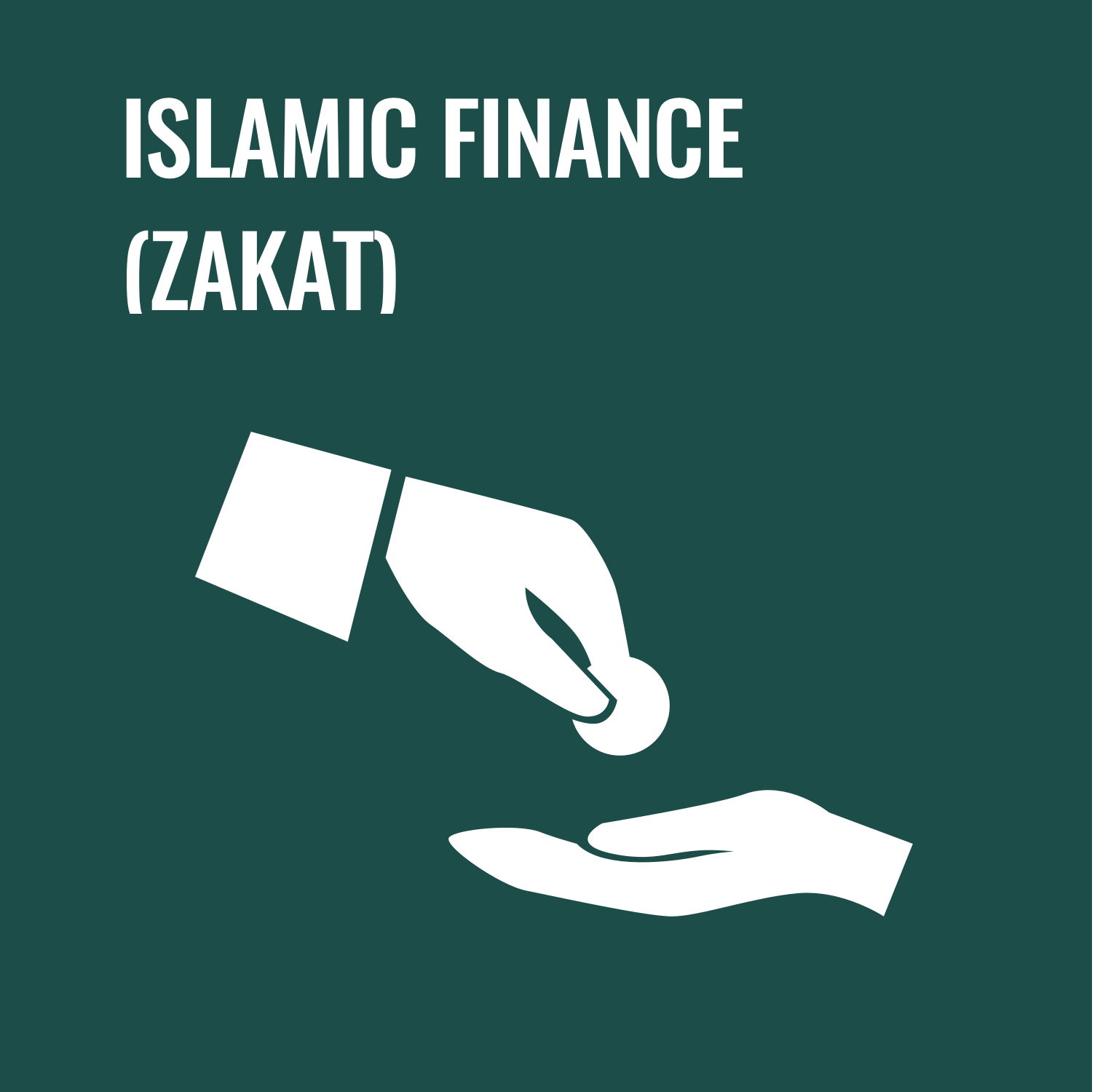 Organisation verified by Tadamon
Organisation verified by Tadamon
Sabe' Sanabul Organization for Relief and Development
- CSO Profile
- Campaigns
- Projects
- Events
Sabae Sanabul Org. For relief and development (SSORD) is an Iraqi nongovernmental organization founded in 8-April- 2015 in Baghdad.
Overview
Organisation type
Nonprofit organisation
Country of Registration
Annual Budget
> 1 000 000 USD
Scope
National
Field of Activities
Organisation Laguage
Arabic
English
Contact
Contact
Oday Salah Noory
Website
Phone
+964 (0) 783 622 9829
- Overview
- Vision
- Coverage Areas
- Water, Sanitation, and Hygiene (WASH)
- Livelihoods and food security
- protection
- Education
- Shelter and settlements
- Humanitarian approach
- Respect
- Independence and neutrality
- Inclusion
- Honesty and transparency
- Preserving dignity
- Defending rights
- Rebuilding futures
Education
Education is a fundamental human right for all children and youth. A quality education provides children and young people with the skills, capacities, and confidence they need to allow them to live lives that they have reason to value. Education creates the voice through which other rights can be claimed and protected.
Displacement has a devastating impact on learning and often leads to an education being denied or interrupted. Children and youth may suffer from traumatic experiences and a loss of social networks that provide protection and support. The capacity of education systems to deliver quality education is often significantly reduced during and after conflict. These factors weaken a young person’s ability to learn, develop and access opportunities.
Quality education provides protection, a sense of normality, a way of healing trauma, and hope for the future. The evidence consistently shows that education is a top priority for displaced people and should be made available from the onset of an emergency.
Our expertise in education
We aim to ensure that all displaced children and youth enjoy quality education that is relevant to their psychosocial, emotional, and cognitive development, from the start of emergencies. Displaced children and youth are highly marginalized in accessing quality education.
SSORD provides opportunities for school-aged children (between six and 18 years old) to complete a full cycle of basic education. We have a particular focus on those who are out of school or have had their education interrupted.
Young women and men are provided with opportunities for post-primary education, including technical and vocational education and training, agricultural training, and tertiary educational opportunities. We only provide early childhood care where it supports access to, and retention in, SSORD’s programs.
We promote and support the inclusion of IDP children and youth into formal education systems, so they can benefit from an accredited education that allows them to progress through all levels of the education system.
Recognizing that governments are the primary duty bearer, we support governments to uphold their duties, including through teacher professional development and the construction or rehabilitation of schools.
We use our evidence base to promote policy dialogue and change. Teachers are key to the achievement of quality education. They should receive adequate training, follow-up, and compensation.
As not all children and youth are able to participate in formal education, we provide flexible, and, if possible, accredited alternative (non-formal) learning opportunities that enable out-of-school children and youth to fully benefit from education. For youth, in particular, a non-formal education should allow learners to develop the necessary skills, knowledge, and attitudes that will allow them to find livelihood opportunities.
Our education activities primarily focus on four thematic areas:
- Education in acute emergencies
- Alternative and accelerated education
- Youth education and training
- Creating safe and inclusive learning environments
